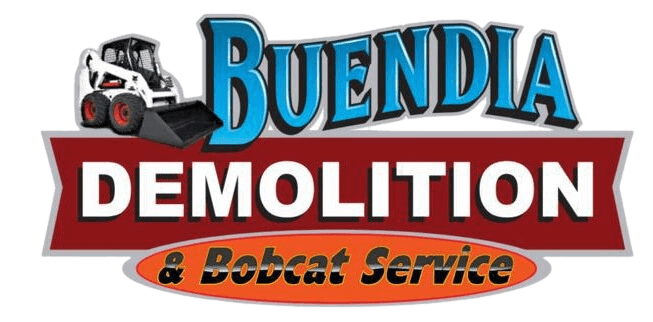Choosing the right dumpster for your construction or cleanup project is a crucial decision that can significantly impact its success. Understanding the variety of options available and tailoring your choice to suit your project’s unique needs ensures efficient waste management. Let’s delve into the key considerations for determining – Which dumpster rental san diego suits your project best?
Importance of Choosing Wisely
Factors Influencing Decision
The choice of a dumpster extends beyond its physical presence on your site. It influences project efficiency, budget considerations, and the overall environmental impact of your activities. Hence, selecting the most suitable dumpster is a decision worth careful consideration.
Types of Dumpsters
Understanding the different types of dumpsters available is the first step in making an informed decision.
Roll-Off Dumpsters
Roll-off dumpsters are versatile and suitable for various projects, from construction sites to home renovations. They are delivered and picked up using a roll-off truck, making them convenient for temporary use.
Front Load Dumpsters
Front load dumpsters are commonly used for ongoing waste disposal needs. They have front-facing lids and are serviced regularly, making them suitable for businesses or locations with consistent waste generation.
Rear Load Dumpsters
Similar to front load dumpsters, rear load dumpsters have lids at the back. They are emptied from the rear, making them ideal for locations with limited space or challenging access.
Compactor Dumpsters
Compactor dumpsters are designed to compress waste, allowing for more efficient use of space. They are suitable for large-scale projects generating significant amounts of non-recyclable waste.
Choosing the Right Size
Determining the appropriate size of the dumpster is crucial for cost-effectiveness and efficiency.
Small Projects
For small residential projects or cleanups, a 10-yard or 20-yard dumpster may be sufficient. These sizes are compact and fit well in limited spaces.
Medium Projects
Medium-sized projects, such as kitchen remodels or office renovations, may require a 30-yard dumpster to accommodate a moderate volume of waste.
Large Projects
Large construction sites or major demolitions may necessitate a 40-yard dumpster. Choosing the right size ensures that waste is efficiently managed without the need for frequent pickups.
Specialized Waste
Projects involving specific types of waste, such as roofing materials or heavy debris, may require specialized dumpsters designed to handle these materials.
Dumpster Rental vs. Buying
Cost Considerations
Renting a dumpster is often a more cost-effective solution, especially for short-term projects. Purchasing a dumpster may be suitable for businesses with ongoing waste management needs.
Long-Term vs. Short-Term Needs
Consider the duration of your project. For short-term needs, renting is generally more practical. Long-term projects may warrant the purchase of a dumpster, depending on the frequency of waste generation.
Maintenance and Ownership
Renting a dumpster eliminates the responsibility of maintenance and repairs. Buying a dumpster requires ownership responsibilities, including maintenance and potential repairs.
Environmental Considerations
Recycling Options
Choosing a dumpster that promotes recycling is essential for environmentally responsible waste management. Many providers offer recycling services, contributing to sustainable practices.
Waste Segregation
Proper waste segregation is crucial for environmentally conscious projects. Ensure that the chosen dumpster allows for the separation of recyclable and non-recyclable materials.
Sustainable Dumpster Choices
Some companies offer eco-friendly dumpster options, such as using biodiesel in their trucks or implementing sustainable waste disposal practices. Choosing these options aligns with environmentally friendly project goals.

